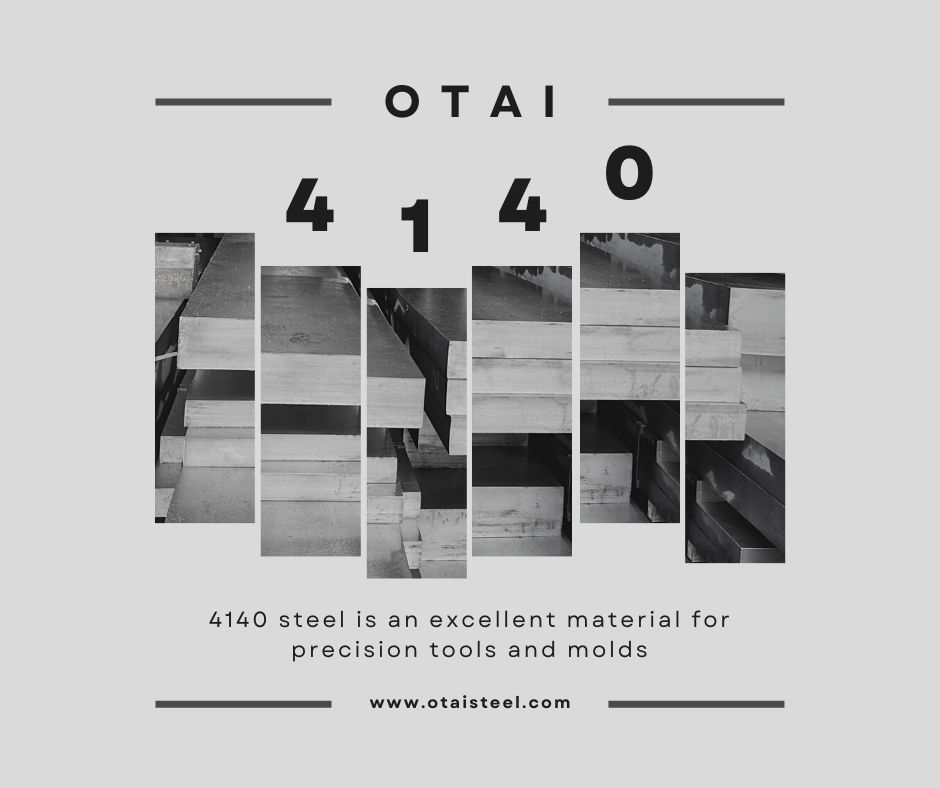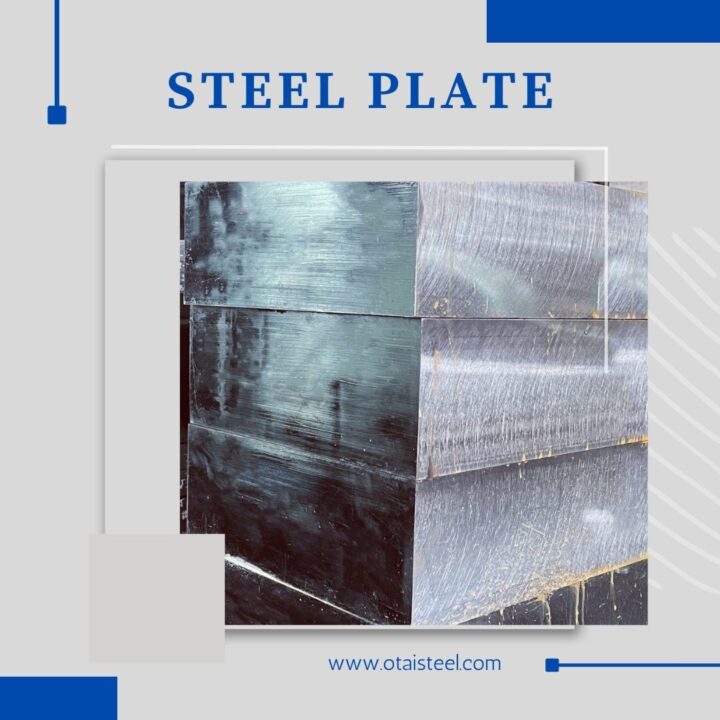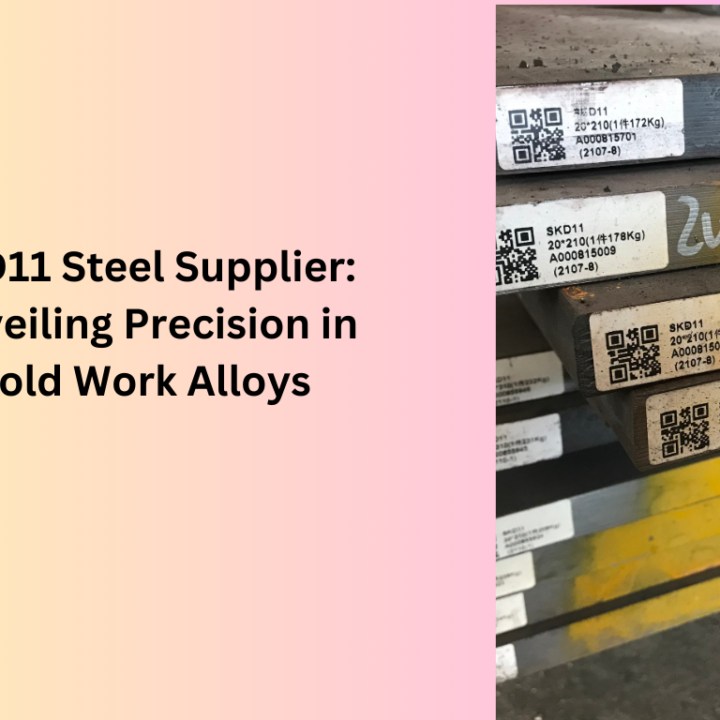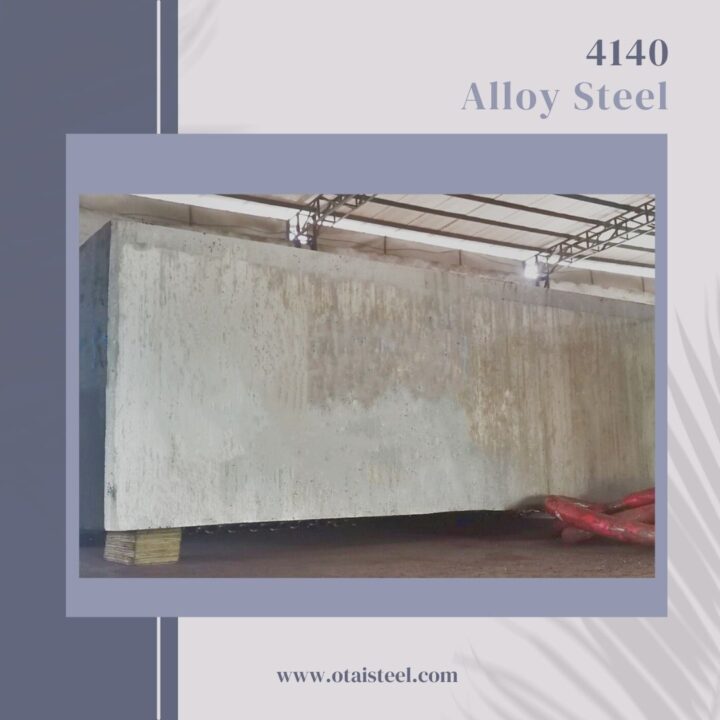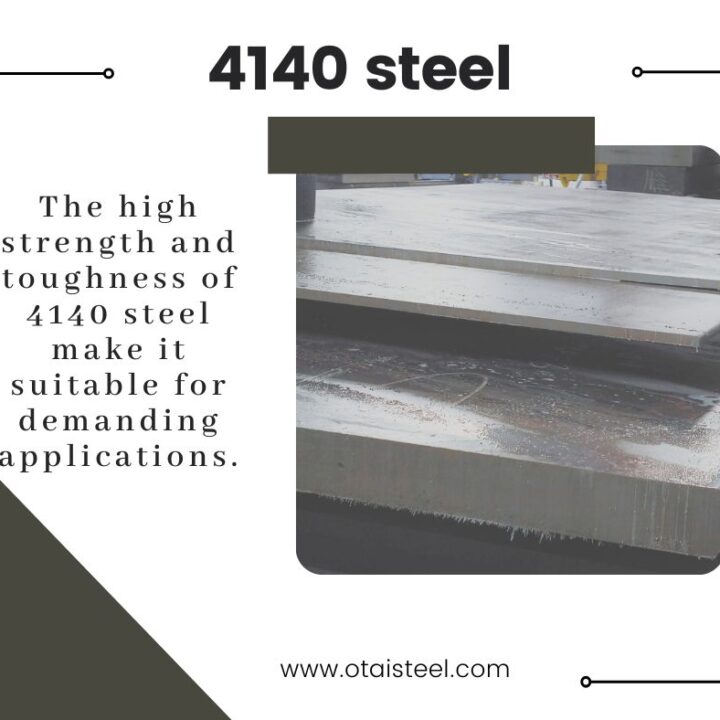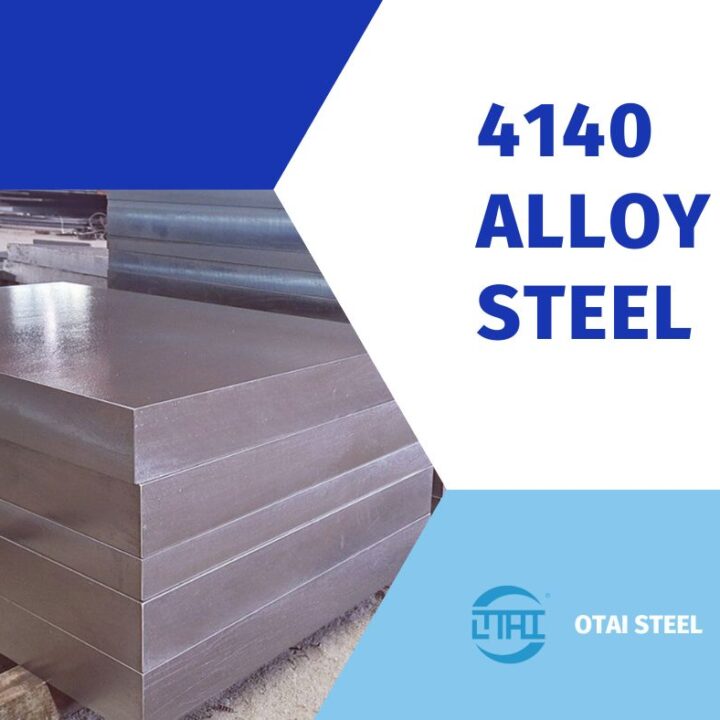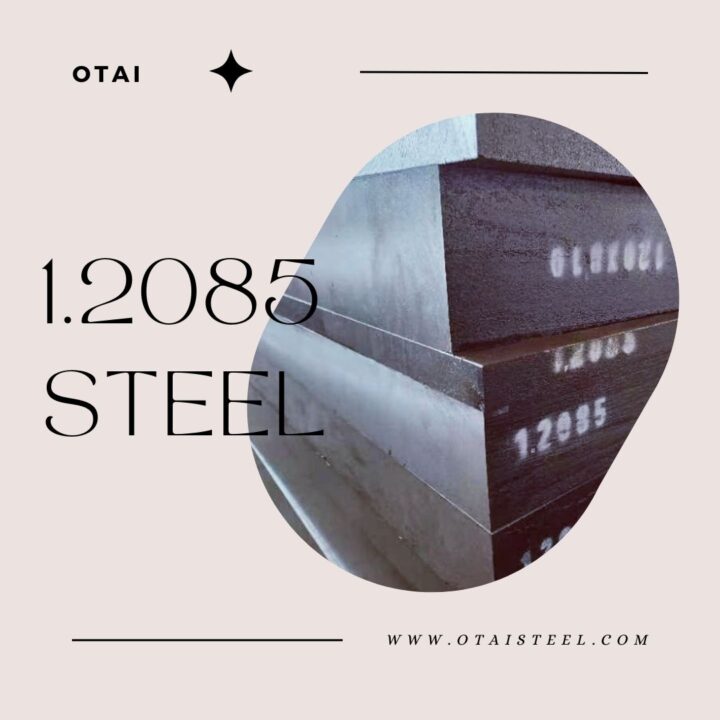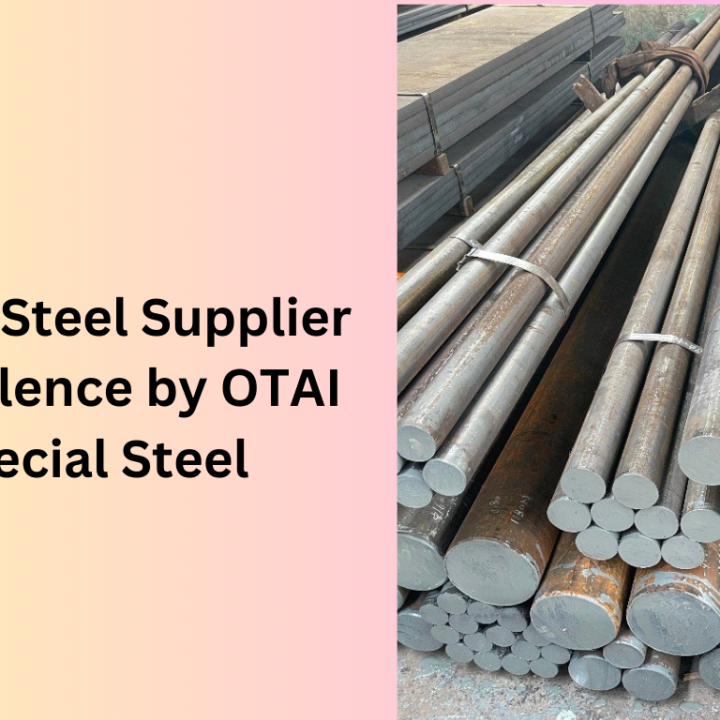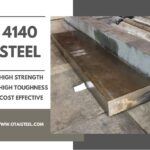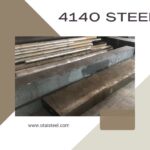Comparison of 4140 Steel and Stainless Steel: Strength, Corrosion Resistance, and Cost
Compare two commonly used alloy sheets of steel: 4140 steel and stainless steel
Power
4140 steel is an alloy steel with excellent strength and toughness. It has high tensile strength and yield strength. It is suitable for high-stress applications such as gears, axles, and shafts. Stainless steel is less strong than 4140 steel, but it is still relatively strong and durable. The strength of stainless steel will vary depending on the particular alloy used and the manufacturing process.
Corrosion resistance
One of the main advantages of stainless steel over 4140 steel is its excellent corrosion resistance. Stainless steel contains chromium, which forms a passivation layer on the surface of the material, protecting it from corrosion. The chromium content of stainless steel varies, with some alloys containing as much as 30%. In contrast, 4140 steel itself is not corrosion resistant and will rust when exposed to moisture or corrosive conditions.
Cost
Generally, stainless steel is more expensive than 4140 steel due to its superior corrosion resistance and the cost of the materials used in its production. However, cost differences may vary depending on the application, volume, and other factors.
Application
4140 steel is commonly used in industrial applications such as gears, shafts, and wheel shafts due to its excellent strength and toughness. It is also used in drilling equipment for the oil and gas industry and components such as crankshafts and connecting rods for the automotive industry. In contrast, stainless steel is typically used in applications that require superior corrosion resistance, such as medical and food processing equipment, chemical processing equipment, and Marine applications.
4140 steel and stainless steel have different properties and characteristics that make them suitable for a variety of applications. While 4140 steel is stronger and more cost-effective than stainless steel, it is not as resistant to corrosion. Stainless steel, by contrast, is more expensive but has superior corrosion resistance, making it suitable for applications in harsh environments. Ultimately, the choice between 4140 steel and stainless steel depends on the specific requirements of the application, including the required strength, corrosion resistance, and cost. (Comparison of 4140 Steel and Stainless Steel)
